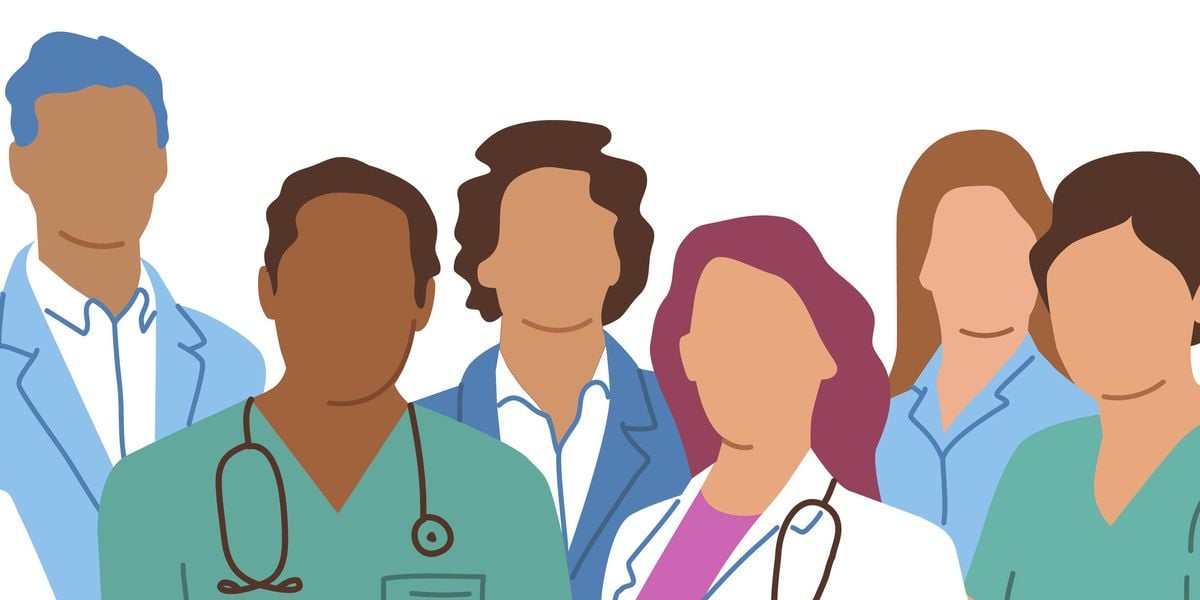The world renowned Victoria Falls is the star attraction of Zambia, which scales a total height of 355 feet. Victoria Falls Bridge, another attraction in itself, allows for excellent views of one of the seven natural wonders of the world.
Around 60,000 British tourists visit Zambia every year, which is only viably accessible from the United Kingdom by airplane.
Getting there takes 16 hours
Lusaka, the capital of Zambia, can be reached from London in around 16 hours, on average, but this can vary depending on your airline and stop times.
If you are unsure as to how best to stick to your medication schedule then it is best to discuss a plan with your diabetes team.
Time difference
The time difference in Zambia is one hour ahead of British Summer Time and two hours of Greenwich Mean time, which should not result in too much altering of your diabetes management.
Climate
In Zambia, the period of June to September is the coolest of the year, where average temperatures drop to around 15°C.
Otherwise, the centre of Zambia remains extremely hot all year round, with temperatures more prevalent at 22°C, on average. This heat could lead to enhanced insulin absorption so insulin takers should regularly check their blood sugar levels.
Currency
The currency used in Zambia is the Zambian Kwacha. Certain ATMs will accept certain credit or debit cards, but they can vary across different hotels and cities.
For this reason it is advised to always carry currency with you, with better rates of exchange often found before you arrive in Zambia.
Vaccinations
There are no mandatory vaccinations to enter Zambia, however several are highly recommended. You should consult your doctor eight weeks prior to your departure in order to receive the vaccinations in time.
All travellers are recommended to get vaccinations for hepatitis A and typhoid, which can both be contracted through contaminated food or water.
You should also talk to your doctor about how to prevent the contraction of malaria while travelling. Your doctor may prescribe you medication before, during and after your stay and will advise you on what to do to avoid getting malaria.
Some travellers are also recommended to receive vaccinations for other diseases, including hepatitis B and rabies, which can be carried by dogs, bats and other mammals in Zambia.
It is not recommended for most travellers to receive yellow fever vaccine to enter Zambia, but it should be considered if you are staying a long time or will be heavily exposed to mosquitoes.
The government of Zambia also require proof of yellow fever vaccination if you have travelled from a country with a risk of yellow fever.
Otherwise, the opportunity should be taken to ensure existing vaccinations such as your yearly flu jab and those against polio and tetanus are also up to date.
Medication
UK citizens with diabetes will not be entitled to any free medication services while in Zambia. Securing comprehensive medical insurance will be essential in order to obtain even basic treatment Treatment will be available from government hospitals, clinics and surgeries, as well as private institutions.
A number of chemists and pharmacies will stock blood and urine testing equipment, as well as some government and private hospitals. Cities are better stocked than rural areas.
The emergency services number to be called in Zambia is 991.
Insulin
You should note which syringes are available in Zambia, with U-100 syringes the most commonly used.
The vast majority of insulin in the UK is U-100 insulin. If you need to take a different strength of insulin, say in an emergency, it’s important that you use the correct device and syringes for that insulin.
For example, you would use a U-40 syringe for U-40 insulin. You will need to work with a doctor getting the right dose if you’re using a different form of insulin.
Diabetes associations
It is important to note the diabetes associations in the country you are travelling to in case of an emergency.
There is one diabetic association to be contacted prior to your arrival in Zambia.
The address is:
- Diabetes Association of Zambia, PO Box 109X, Ridgeway, 10101 Lusaka, Zambia
Tel: +260-211-253825
Email: [email protected]
Questions
- What language is spoken in Zambia? Bemba. It is important to learn basic phrases as a minimum requirement before entering Zambia. Only very basic English will be spoken so you will need to research the language to help you in your day-to-day activities.
- Will I need an international driving license when driving in Zambia? No
- If I want to hire a vehicle during my visit, will I face any form of discrimination? No
- What sugar free drinks are available in Zambia? Diet versions of most soft drinks




